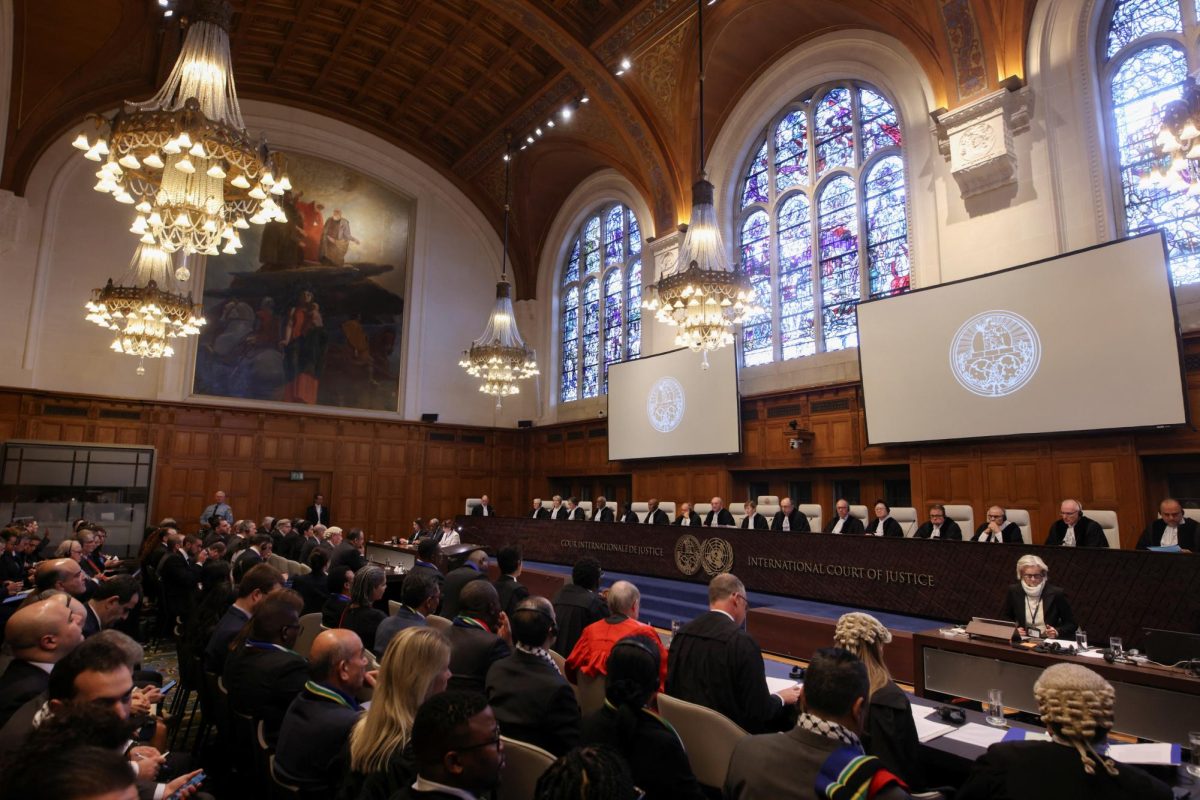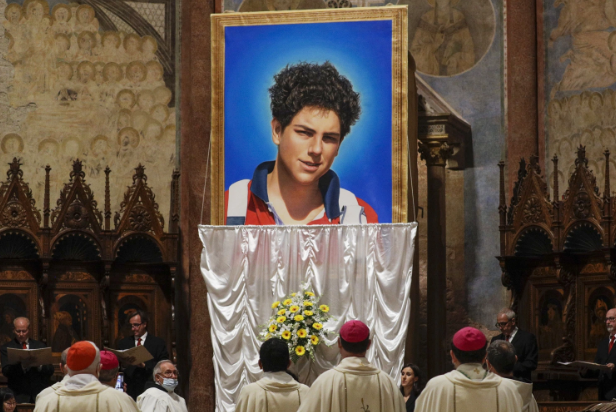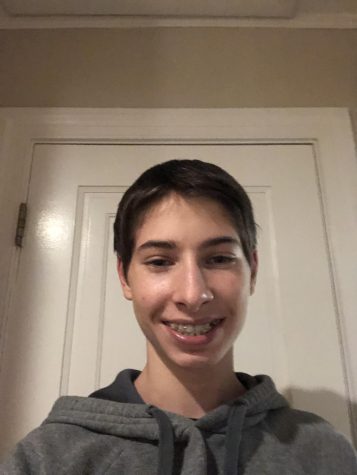The United Nations’ top court on Jan. 26 ordered Israel to do all it can to prevent death, destruction and any acts of genocide in Gaza, but the panel stopped short of ordering an end to the military offensive that has laid waste to the Palestinian land.
In a ruling that will keep Israel under the legal lens for years to come, the court offered little other comfort to Israeli leaders in a genocide case brought by South Africa that goes to the core of one of the world’s most intractable conflicts. The court’s half-dozen orders will be difficult to achieve without some sort of cease-fire or pause in the fighting.
“The court is acutely aware of the extent of the human tragedy that is unfolding in the region and is deeply concerned about the continuing loss of life and human suffering,” court President Joan E. Donoghue said.
The ruling amounted to an overwhelming rebuke of Israel’s wartime conduct and added to mounting international pressure to halt the nearly four-month-old offensive that has killed more than 26,000 Palestinians, decimated vast swaths of Gaza and driven nearly 85% of its 2.3 million people from their homes.
Israeli Prime Minister Benjamin Netanyahu said the fact that the court was willing to discuss the genocide charges was a “mark of shame that will not be erased for generations.” He vowed to press ahead with the war.
The power of the ruling was magnified by its timing, coming on the eve of International Holocaust Remembrance Day.
On Jan. 26, the U.N. Secretary-General Antonio Guterres stressed that the top court’s rulings are legally binding and “trusts” that Israel will comply with its orders, including “to take all measures within its power” to prevent acts that would bring about the destruction of the Palestinian people.
“Those truly needing to stand trial are those that murdered and kidnapped children, women and the elderly,” former Israeli Defense Minister Benny Gantz said, referring to Hamas militants who stormed through Israeli communities on Oct. 7 in the attack that set off the war. The assault killed some 1,200 people and resulted in another 250 being kidnapped.
The court also called on Hamas to release the hostages who are still in captivity. Hamas urged the international community to make Israel carry out the court’s orders.
Israeli Judge Aharon Barak said he supported those orders in the hope that they would “help to decrease tensions and discourage damaging rhetoric” while easing the ”consequences of the armed conflict for the most vulnerable.”
Such provisional measures issued by the world court are legally binding, but it is not clear if Israel will comply with them.
“We will continue to do what is necessary to defend our country and defend our people,” Netanyahu said, who pushed back against the ruling in two languages. In a message aimed at his domestic audience, the tone was more defiant in Hebrew, and he stopped short of overtly criticizing the court in English.
The court ruled that Israel must do all it can to prevent genocide, including refraining from harming or killing Palestinians. It also ruled that Israel must urgently get basic aid to Gaza and that the country should punish any incitement to genocide, among other measures.
The International Court of Justice’s deliberations on the Gaza case have shed light on the complex legal and humanitarian issues surrounding the Israeli-Palestinian conflict. While the Court’s ruling may have provided some clarity on certain aspects, the broader pursuit of a just and lasting resolution remains a formidable challenge. The case underscores the need for continued diplomatic efforts, international cooperation, and a commitment to upholding human rights to address the underlying issues and promote peace in the region.









